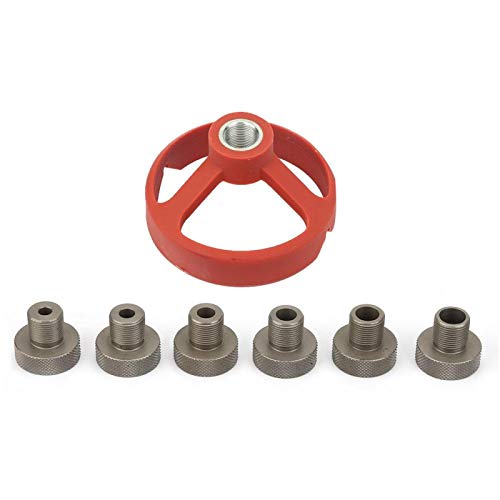TheRealist
Member
- Joined
- Nov 19, 2017
- Messages
- 9
I'm in the process of setting up surgery as self-pay because my workplace plan has a weight loss surgery exclusion (all types, for any reason). I've found what I think is a well qualified surgeon who is also affordable for self-pay patients: Paul Enochs with Bariatric Specialists of NC. I've been surprised by how low the cost is, but the surgeon seems to be well-credentialed (FACS, ASMBS) and has been practicing for a long period of time. The cost for a full DS are $14k and the cost for the SADIS are $12k. That includes a 1 day hospital stay and 5 years of follow-up care.
I'm leaning toward the full DS for all the reasons that everyone here already knows:
(1) Since I'm paying out of pocket, I want the most effective tool to get to a normal BMI and stay that way. The full DS is the only option proven to be capable of doing that over the long-term for most patients.
(2) Although the full DS has a higher complication rate, people with my health profile are in the category least likely to experience any major complications (BMI 43, 32 years old, no co-morbidities).
(3) The preliminary research on SADIS looks good, but there still isn't enough data to know about long-term outcomes. 10 years ago everyone thought the lap-band was going to be the best new weight loss surgery, but look how that turned out. I don't think SADIS will necessarily go the same way. But for now, there isn't much long-term research to know whether SADIS will have comparable weight loss effects.
If this were covered by insurance, I would opt for the full DS without issue. However, my insurance has very scary language about how they will not cover complications from uncovered procedures. Complications from any weight loss surgery are expensive, but the more complex the surgey is the more likely it is to result in complications. The full DS is one of the most complex procedures, SADIS is much simpler. I think my health profile means my chances of complications are low, but they would probably be even lower with SADIS.
Honesty, I'm fearful of having the full DS and then having bankruptcy-level complications (wouldn't take much - just about any hospital stay would do it). Also, with a full DS, I'd only be able to stay in the hospital for 1 day. That seems unusual - most people seem to have a few days (or more) hospital stays.
So what to do? Go with the SADIS because its less likely to lead to complications and work out well under a self-pay circumstance (only 1 day hospital stay, etc.)? Or take the risk with the full DS?
I'm leaning toward the full DS for all the reasons that everyone here already knows:
(1) Since I'm paying out of pocket, I want the most effective tool to get to a normal BMI and stay that way. The full DS is the only option proven to be capable of doing that over the long-term for most patients.
(2) Although the full DS has a higher complication rate, people with my health profile are in the category least likely to experience any major complications (BMI 43, 32 years old, no co-morbidities).
(3) The preliminary research on SADIS looks good, but there still isn't enough data to know about long-term outcomes. 10 years ago everyone thought the lap-band was going to be the best new weight loss surgery, but look how that turned out. I don't think SADIS will necessarily go the same way. But for now, there isn't much long-term research to know whether SADIS will have comparable weight loss effects.
If this were covered by insurance, I would opt for the full DS without issue. However, my insurance has very scary language about how they will not cover complications from uncovered procedures. Complications from any weight loss surgery are expensive, but the more complex the surgey is the more likely it is to result in complications. The full DS is one of the most complex procedures, SADIS is much simpler. I think my health profile means my chances of complications are low, but they would probably be even lower with SADIS.
Honesty, I'm fearful of having the full DS and then having bankruptcy-level complications (wouldn't take much - just about any hospital stay would do it). Also, with a full DS, I'd only be able to stay in the hospital for 1 day. That seems unusual - most people seem to have a few days (or more) hospital stays.
So what to do? Go with the SADIS because its less likely to lead to complications and work out well under a self-pay circumstance (only 1 day hospital stay, etc.)? Or take the risk with the full DS?
Last edited:











































